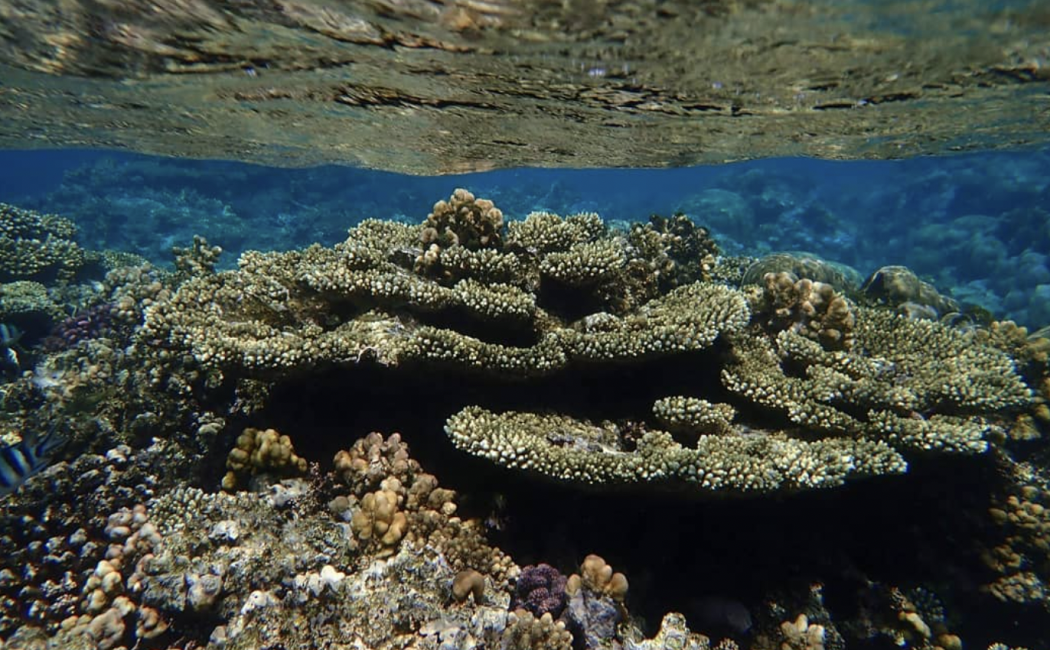
KAUST study reveals how corals control their algae population, paving the way for coral reef restoration
20 November, 2023
A new study by KAUST researchers provides experimental proof to explain how corals and other symbiotic cnidarians control their symbiotic algae. By tracking nutrient exchange using carbon and nitrogen isotopes, the study shows how three distinct cnidarian species, including corals, have independently evolved a common mechanism for symbiosis with dinoflagellates in the family Symbiodiniaceae. The findings disrupt traditional views of symbiosis in corals and have important implications for major coral reef restoration efforts such as the KAUST Reefscape Restoration Initiative, which covers more than 100 hectares of the Red Sea. The study can be read in Nature Communications.
Symbiosis between one-cell organisms and larger animals is common throughout the wild kingdom. The host and symbiont provide essential nutrients for the other, allowing both to grow and thrive. Even in humans, bacteria and other microorganisms in our stomachs, on our skin and elsewhere in our bodies contribute to our good health.